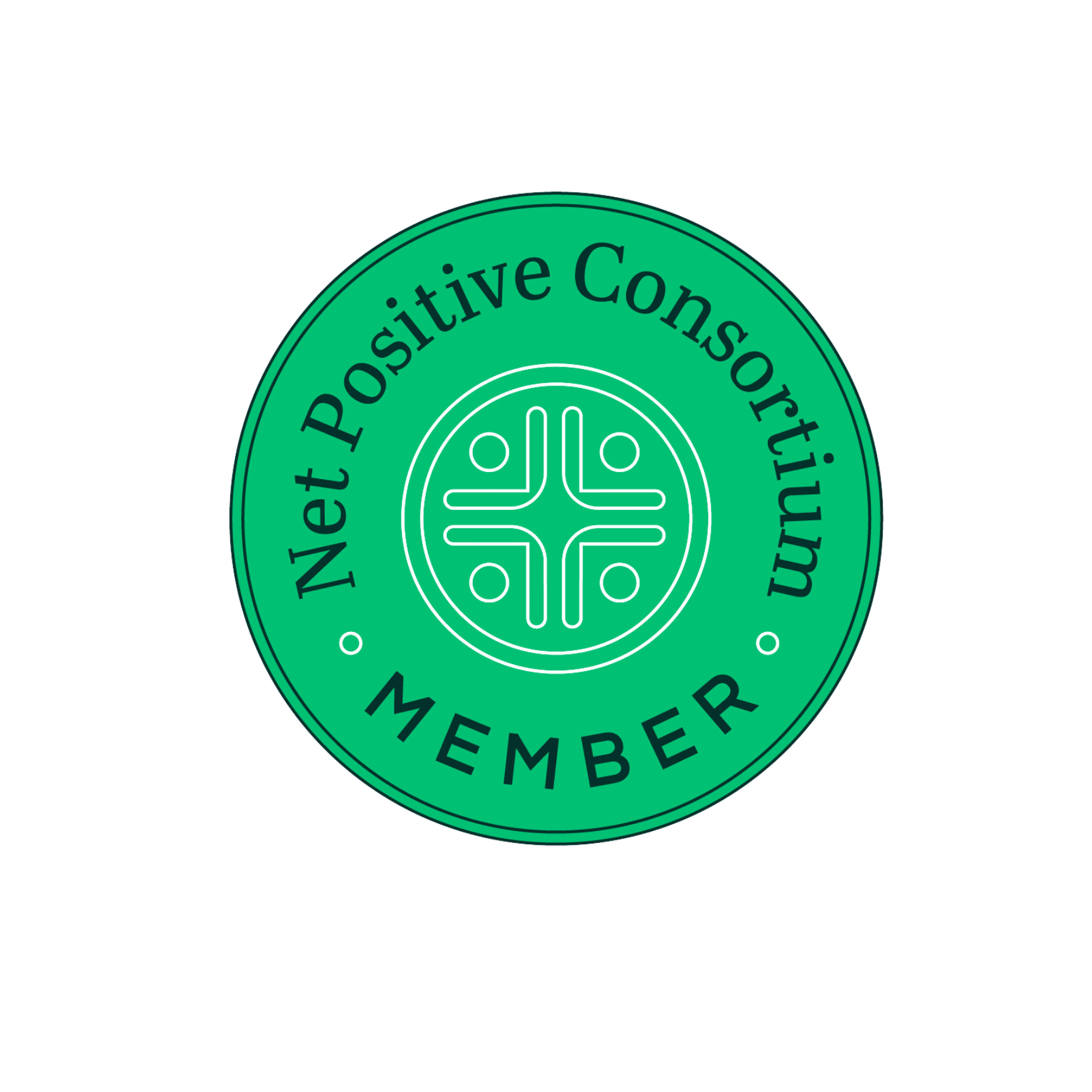The importance of Financial Education in Wealth Transfer
Creating generational wealth involves more than just passing on financial assets. It’s about preparing the next generation to nurture their legacy and focus on managing and growing wealth responsibly. Focusing efforts on financial education at an early age is key to setting younger generations up for success.
One of the biggest challenges is educating the next generation on important issues like financial literacy, self-discipline, and wealth preservation. How do families start this conversation with their heirs? Will they understand these concepts at a young age? While these conversations with the next generation can be difficult, there are avenues to facilitate productive discussions.
Interactive Engagement to Ignite Young Imaginations
There are many resources such as Mint, Smart About Money, Monarch and Greenlight, that teach young children about financial literacy and investment concepts through interactive engagement. With technological advancements, introducing them to online tools can help automate and simplify their financial management. Many programs offer family-friendly curricula, multimedia learning centers, games, and budgeting tools, making financial education both enjoyable and accessible.
Incorporate philanthropic endeavors into your conversation. What are their hobbies and how can this tie into charity? With the holiday season approaching, this could be an opportune time to bring up how they may give thanks as part of a philanthropic approach.
Transforming Financial Responsibility into Opportunity
Infusing relevance, excitement, and collaboration into discussions with your children can ease the weight of financial conversations. Reframing specific conversations to empower them will allow for greater results. For example, rather than saying “you need to learn about budgeting so you can save more”, you can try “what would you like to buy so we can talk about saving to pursue your goal”. This type of collaboration will induce trust and relationship building, while discussing the importance of being financially prudent. Share your childhood stories with them. This can provide them with a sense of connection and understanding on your accomplishments.
Building Healthy Financial Habits
Building best practices and habits as early as possible will make an impact. Prioritize saving by creating a goal. Whether it’s saving for that pair of sneakers or saving $10 per week for an emergency fund. When they start working, prioritize saving by automatically setting aside a portion of their income for savings before allocating funds to other expenses. Prioritize participation in employer-sponsored retirement plans, such as 401(k) plans, especially if the employer offers a matching contribution. Maximizing employer matches provides a significant boost to retirement savings. Demonstrating the effects of compounding at an early age can be eye-opening, and instilling sound financial practices and habits from an early age can make a lasting difference.
Conclusion: Preparing the Next Generation for Success
Connecting your heirs with financial advisors opens the door to meaningful dialogue about money management. By involving professionals, young children can gain insights and learn directly from experts, making financial concepts more relatable and understandable. Reach out to your Crestwood Team to explore ways to engage the next generation effectively.




